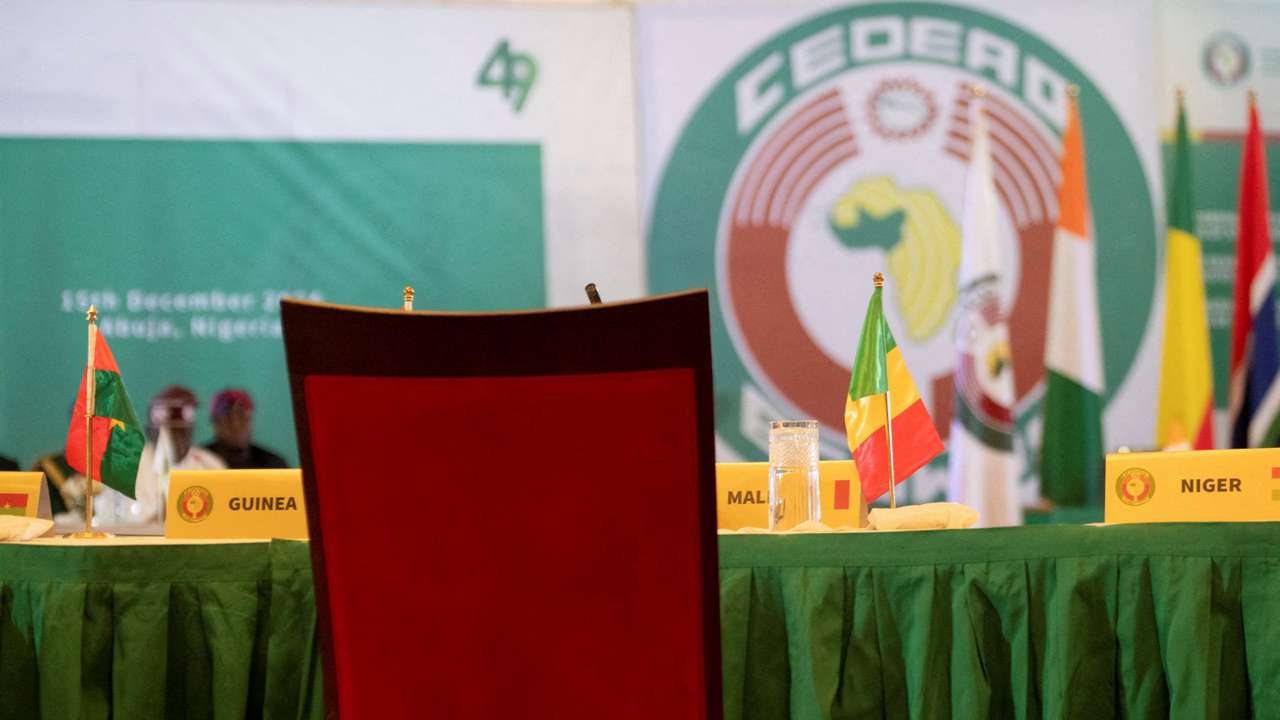ECOWAS to discuss new trade levy by Mali, Niger, and Burkina Faso

The Economic Community of West African States (ECOWAS) will meet on April 22 to discuss a new import tax imposed by Mali, Niger, and Burkina Faso.
The three countries, now part of the Alliance of Sahel States (AES), introduced a 0.5% import levy on goods from ECOWAS countries.
Joel Ahofodji, Head of Communication for the ECOWAS Commission, confirmed the meeting and said all issues, including possible responses, would be discussed.
He told reporters, "ECOWAS will have an Extraordinary Council on the 22nd of April. All these issues will be discussed."
The AES, formed by the military governments of Mali, Niger, and Burkina Faso, started collecting the new import tax on March 28.
The levy does not apply to humanitarian aid but affects all other goods entering the three countries.
This move has raised concerns because it goes against ECOWAS’s goal of free trade within the region.
Even after Mali, Niger, and Burkina Faso left ECOWAS in January 2025, the regional bloc said it would continue to treat their goods and services under the ECOWAS Trade Liberalisation Scheme, which allows duty-free movement.
The new tax could disrupt trade, raise costs, and weaken the regional free trade agreement. Relations between ECOWAS and the three countries have been tense since early 2024 when the three states left the bloc.
The AES countries accused ECOWAS of failing to help them fight terrorism and criticised sanctions that hurt their populations. Although ECOWAS later removed the sanctions, the three countries did not rejoin.
ECOWAS has said it is open to discussions if the AES nations wish to return. The bloc has also introduced measures to ease the impact of the split, including duty-free trade, visa-free movement, and residence for citizens.
Meanwhile, Niger has left the Multinational Joint Task Force, a regional military force that has fought Islamist insurgents in the Lake Chad region since 2015. The force includes troops from Nigeria, Chad, and Cameroon.